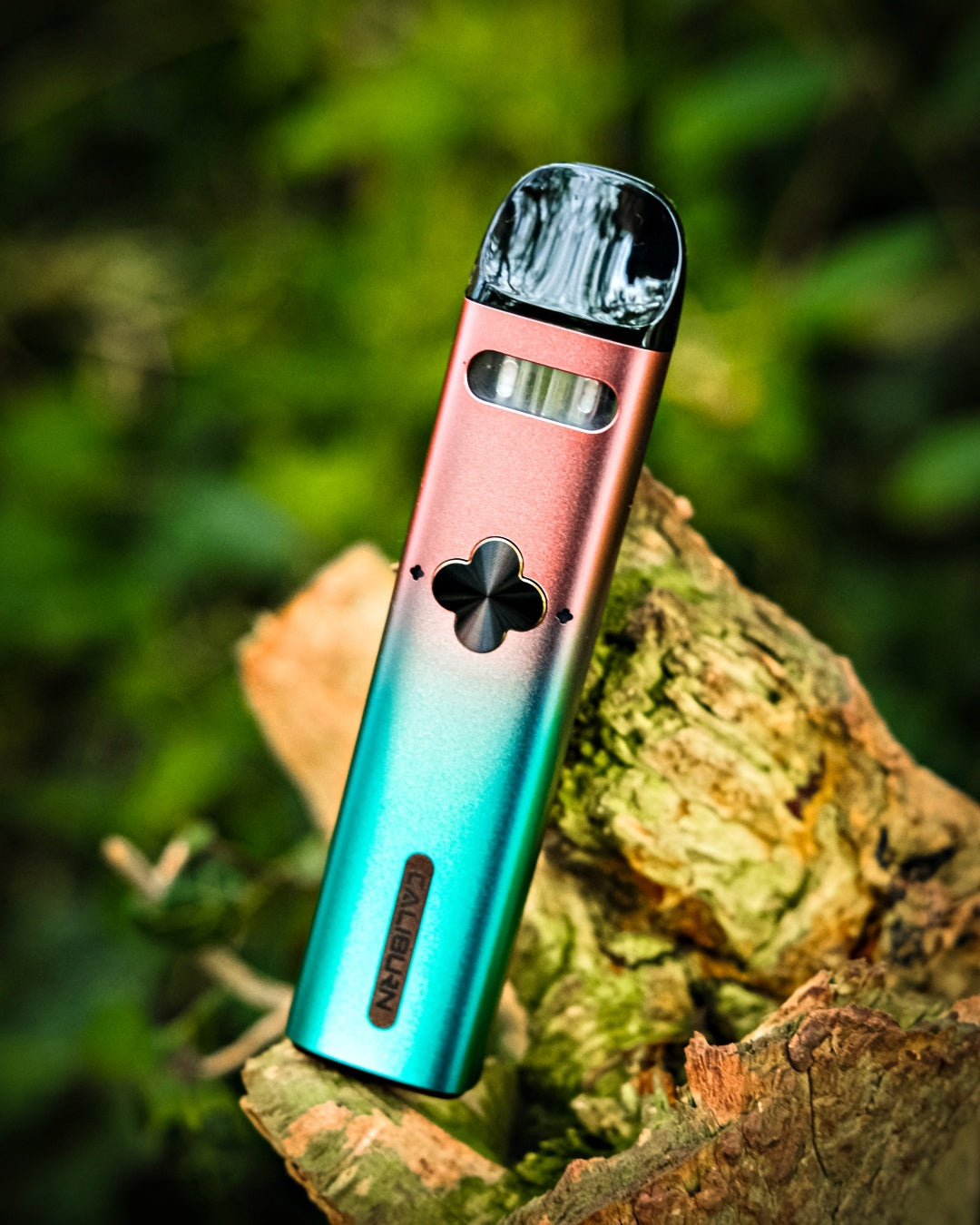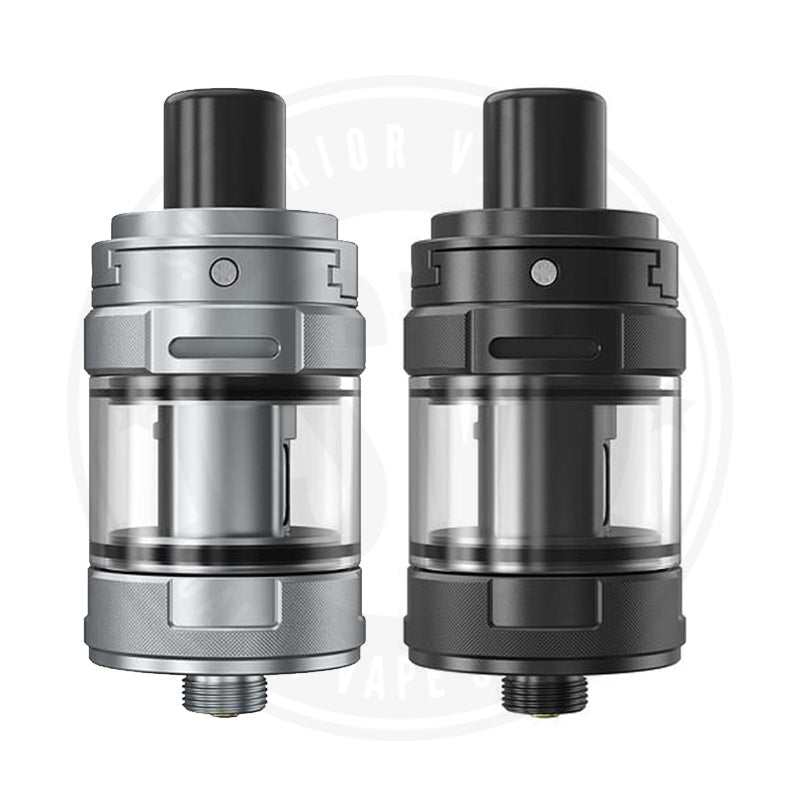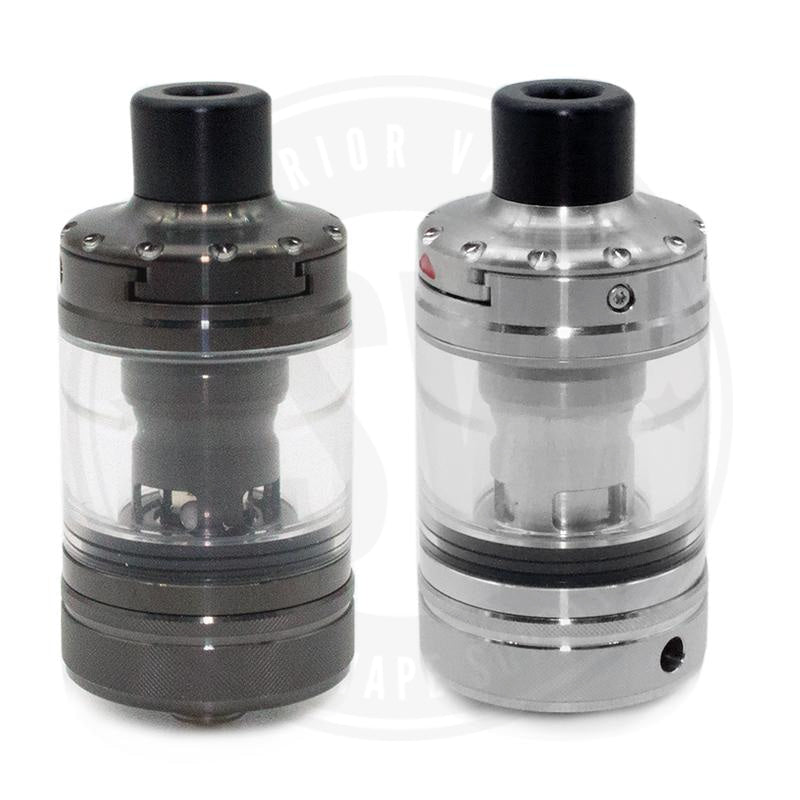2018 was a momentous year for the vaping industry in the UK. With an increasingly large body of research shining a light on the benefits of vaping, the public saw government support for the industry increase. Some of the biggest businesses have also made more concentrated efforts in selling their products in the country, showing confidence in the growth of vape usage by the British population.
Let’s take a look at the most important news stories that came out of 2018 to see how much the industry has changed over the past 12 months.
1. YouGov found that 43% of Britons believe vaping is better than smoking
Vaping in the UK already enjoys a positive reception within the country’s vape market. In fact, it’s the third largest in the world (next to USA and Japan), and it is only getting better as public opinion rises in favour of this practice over smoking.
In January 2018, independent data company YouGov, as commissioned by the Electric Tobacconist, ran a survey of 2,134 Brits. These are the pertinent results:
- Almost half or 43% of the respondents think “vaping is generally better for your health than smoking.”
- 31% think “vaping has the same impact on your health as smoking”, while only 5% think “vaping is generally worse for your health than smoking.”
- 21% responded saying they did not know either way.
The survey also took into account gender and social economic backgrounds. Men and women, as well as higher and lower-income respondents, provided opinions that were shared almost equally across these factors.
2. Public Health England says vaping is 95% less harmful than smoking
Public Health England (PHE) published a comprehensive evidence review on e-cigarettes with studies from independent tobacco experts in February 2018.
The biggest takeaway from the report is that vaping only carries a fraction of the risk that comes with smoking, being “at least 95% less harmful”. Second-hand exposure to vapours, meanwhile, is deemed “of negligible risk to bystanders.”
Unfortunately, over 50% of smokers either believe “vaping is as harmful smoking or just don’t know.”
On a more positive note, the report states that at least 20,000 smokers successfully quit every year with the help of e-cigarettes. This has led to PHE suggesting that smokers who want to quit the habit to try and use e-cigarettes instead. They also recommended that vaping should be prescribed by doctors and sold at hospital shops.
3. Action on Smoking and Health says e-cig use in ex-smokers rise to 23%
In March, public health charity Action on Smoking and Health (ASH) presented data to Parliament’s Science and Technology Select Committee, showing that e-cigarette use has risen to 23% in ex-smokers and current smokers.
Only 4% of young people use e-cigarettes, with only 0.4% of that number currently vaping without ever having smoked. Perception of e-cigs in this demographic has unfortunately gotten less accurate since the last survey, with 31% believing the use of e-cigs is just as or more harmful than smoking compared to 28% in 2017.
The data was taken from the annual ASH Smokefree survey done by YouGov.
4. UK Vaping Industry Association launches nationwide vaping awareness programme VApril
The UK Vaping Industry Association (UKVIA) started the first ever national campaign to promote awareness and education about vaping in April last year. The programme was called “VApril” and developed by MP Mark Pawsey, with Dr. Christian Jessen serving as the face of the initiative.
It ran for the entire month, with classes held in specialist retail stores that educated smokers about the products that would help them quit smoking.
The UKVIA also published the educational guide Vaping to break the Smoking Habit.
5. Supreme becomes first UK vaping company to go public
In May of last year, Supreme, one of the country’s biggest e-liquid manufacturers, listed its shares on the Alternative Investment Market (AIM), a sub-market of the London Stock Exchange, with an expected market value of £150m. In doing so, it has become the first publicly traded vaping company in the UK.
The e-cig giant owns KiK and 88vape, and has partnerships with major retailers and wholesalers such as Asda, Halfords, B&M, Booker, and Bestway.
6. JUUL launches in the UK
JUUL Labs, the most dominant e-cigarette firm in the United States, made its entry into the UK vaping market in July. The landmark launch was backed by a $1.25bn (£1bn) funding round as part of the Silicon Valley-based company’s plans of expanding its reach across the world.
The JUUL vape pen has become popular with America’s youth, in part due to its sleek, discreet aesthetic that resembles a flash drive. Anti-tobacco groups in the UK expressed grave concern over the arrival of JUUL, however, fearing it would lead to addiction in the country’s youth. However, ASH, welcomes the news and said in a statement that “Juul could be an opportunity for public health.”
7. MPs urge ease of vaping restrictions
In an August report by the British Parliament’s Science and Technology Committee, MPs pressed the UK government to relax its rules on vaping. The push was aimed to ultimately reduce the number of smokers in the country, as e-cigs have been proven to be effective substitutes for ex-smokers while being safer than their tobacco-based counterparts.
Some of the most significant proposals from the report include e-cigs being made available for prescription, more advertising freedom and less taxation for the products, licensure of e-cigarettes as medical devices, and debates on their use in public spaces.
8. Vapers in the UK grow to over 3 million
ASH reported a rise in the number of vapers in the UK to over 3 million in a survey released in September, reaching a national record high. 62% of the respondents said their decision to use e-cigs was based on wanting to quit smoking. The number is an estimate based on an inquiry of 12,000 adults in the country.
9. Philip Morris Limited says smokers should switch to vaping
In its £2m “Hold My Light” campaign started in October, Philip Morris urged smokers to switch out their cigarettes for e-cigs. The campaign to go “smoke free” for at least a month was based on the PHE study that people who stopped smoking for 28 days were five times more likely to completely quit the habit.
Coming from the biggest tobacco company on the planet, the initiative marked another seismic shift from smoking toward vaping in the country.
10. UK allows health claims for vaping
The Committees of Advertising Practice (CAP and BCAP) announced in November that “health claims are no longer banned from ads for e-cigarettes.” Such claims can be made broadly, but not for a specific range of products, including the PHE statement that vaping is 95% safer than smoking.
The requirement to state nicotine content was also removed, alongside the permanent institution of the e-cigarettes section in the BCAP’s code.
While this is a step forward in the possibilities of vape marketing and public acceptance of e-cigarettes, there are still plenty of barriers for the industry to deal with regarding product advertising.
With 2018 being mostly a positive year for the industry, let’s hope the trend continues for vaping news this 2019.




















